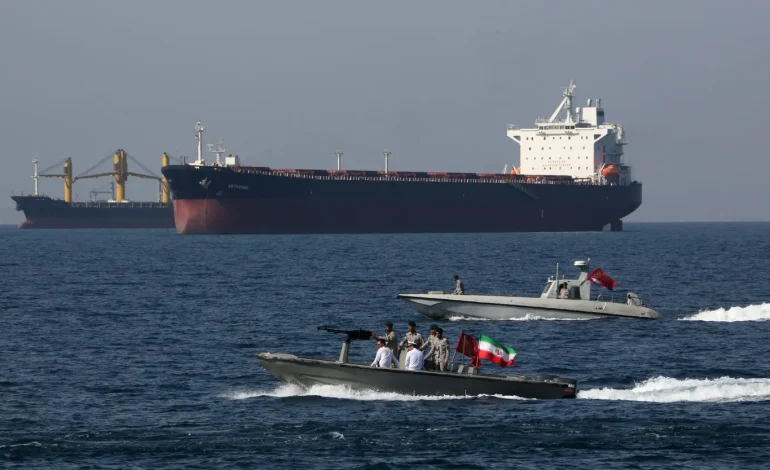Oil Prices Surge and Global Markets React Following Israeli Strikes on Iran

Global financial markets experienced heightened volatility on Friday following Israel’s airstrikes on Iran, which raised fears of a wider Middle East conflict and potential disruptions to global energy supplies.
The developments led to a sharp rise in oil prices and a broad sell-off in global equities.
Brent crude, the international oil benchmark, surged as much as 12% before settling around $74.46 per barrel—up over 7% on the day—marking its largest single-day gain since 2022. US West Texas Intermediate (WTI) crude followed suit, reaching $73.15 after climbing more than 7.5%. These moves came in response to growing investor concerns over the security of oil shipments through the Strait of Hormuz, a vital transit route for nearly one-fifth of the world’s oil.
The Israeli military confirmed it had launched a series of targeted strikes on Iranian facilities linked to Tehran’s nuclear and missile programs. Iranian officials reported damage to the Natanz nuclear facility but claimed there was no radiation or chemical contamination. The potential for escalation prompted investors to reassess risk in the region.
Equity markets across Asia and Europe fell sharply. The pan-European Stoxx 600 index dropped 1%, while futures for the US S&P 500 suggested a 1.4% decline at market open. Investors moved to traditional safe havens, with gold prices rising 0.8% and US 10-year Treasury yields falling to 4.32%. The Swiss franc and the US dollar also strengthened.
Analysts noted that while the immediate impact on oil production and shipping was limited, the possibility of Iranian retaliation or regional spillover remains a key concern. Iran, a major oil exporter—particularly to China—holds strategic territory along the Strait of Hormuz, raising the risk that future conflict could jeopardize one of the world’s most crucial energy chokepoints.
However, many experts consider a full-scale blockade of the Strait unlikely.
“If they choke the Strait of Hormuz, they cannot move barrels out,” said Muyu Xu, senior Asia oil analyst at Kpler, noting that most of Iran’s exports and imports pass through the strait.
Others, like Anas Alhajji of Energy Outlook Advisors, said the geography and international naval presence make a full closure nearly impossible.
Still, financial analysts, including those from JPMorgan and Barclays, warned that any significant disruption could push oil prices toward $120–$130 per barrel in a worst-case scenario. OPEC+ nations, particularly Saudi Arabia, may help stabilize markets through alternative shipping routes and spare production capacity.
US officials stressed that they were not involved in the Israeli strikes and urged Iran to avoid escalating the situation further.
“The key question now is whether this oil rally will last longer than the weekend,” said Janiv Shah, an analyst at Rystad, who noted that current oil fundamentals do not yet reflect significant supply disruptions.
Reuters, the New York Times, the Financial Times, and CNBC contributed to this report.









The latest news in your social feeds
Subscribe to our social media platforms to stay tuned